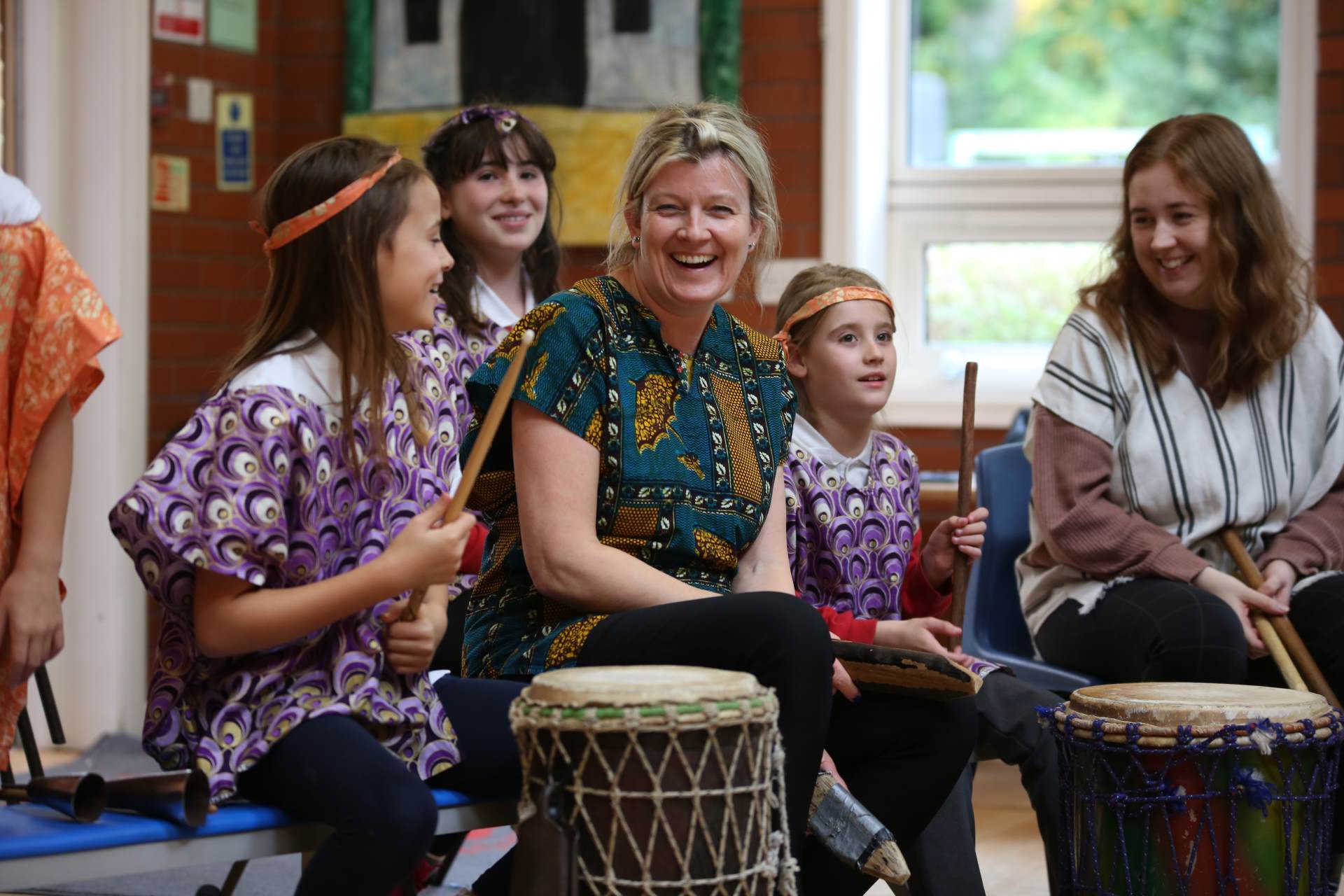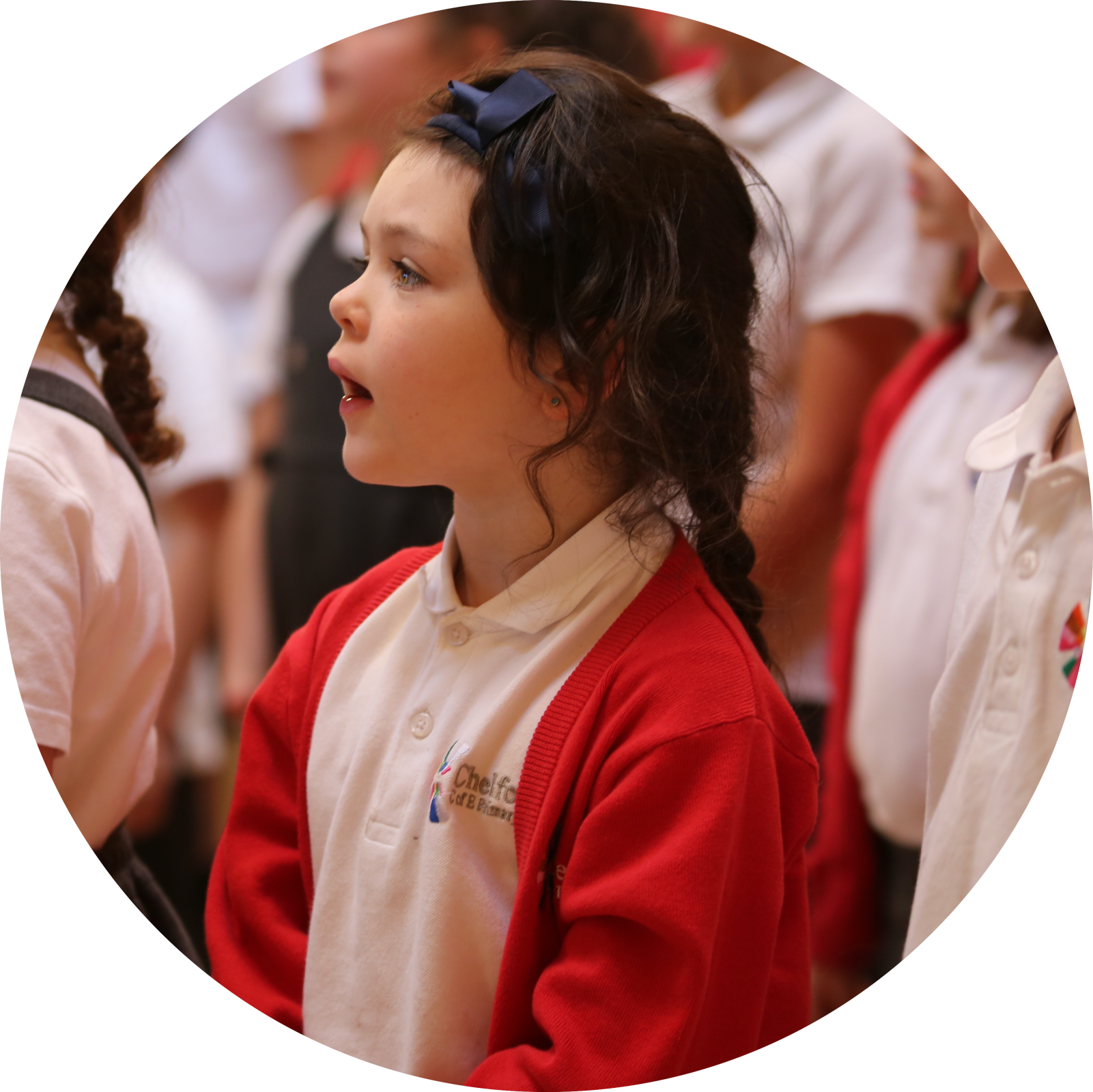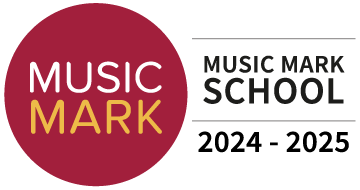Music
At Chelford CE Primary School, music is more than just a subject; it is a vital component of the curriculum that fosters creativity, emotional development, and cognitive growth. The importance of a robust music curriculum at Chelford cannot be overstated, as it plays a crucial role in the holistic development of students, preparing them for future challenges both within and beyond the academic sphere.
Enhancing Cognitive Abilities and Academic Performance
Studies have consistently shown that music education enhances cognitive abilities, particularly in areas such as mathematics, language, and spatial-temporal skills. At Chelford CE Primary School, integrating music into the curriculum helps to sharpen students' concentration, memory, and critical thinking skills. The discipline required to learn an instrument or to participate in choir activities transfers to other academic areas, resulting in improved performance across the board. Music education, therefore, is not an isolated activity but a complementary tool that boosts overall academic achievement.
Fostering Emotional and Social Development
Music is a powerful medium for emotional expression, and at Chelford, it is used as a tool to help students articulate and manage their emotions. Participating in musical activities such as singing in a choir or playing in a brass ensemble for example, helps children to develop empathy, emotional resilience, and a sense of belonging. Group performances teach valuable life skills such as teamwork, collaboration, and mutual respect. Through music, students learn to listen to others, share ideas, and work towards a common goal, all of which are essential for their social development.
Cultivating Creativity and Cultural Awareness
A comprehensive music curriculum at Chelford CE Primary School nurtures creativity by encouraging students to explore different genres, instruments and compositions. This exploration not only enhances their creative thinking but also broadens their cultural awareness. By engaging with music from diverse cultures and historical periods, students gain a deeper understanding of the world around them and develop an appreciation for the rich tapestry of global traditions. This cultural awareness is essential in fostering a sense of global citizenship and respect for diversity.

Providing Wider Opportunities
Chelford CE Primary School is committed to offering wider opportunities beyond the standard music curriculum. These include extra-curricular activities such as school concerts, music clubs, and participation in local and regional celebrations. These opportunities allow students to showcase their talents, build confidence, and develop a sense of achievement. The school’s partnerships with local organisations, such as the Love Music Trust, also provide students with unique experiences, such as workshops, which further enrich their musical education.
Supporting Mental Health and Well-being
In an era where mental health is a growing concern, music  offers a therapeutic outlet for students. Chelford CE Primary School recognises the importance of music in supporting mental health and well-being. Music can reduce stress, improve mood, and provide a sense of comfort and stability. The school’s inclusive approach ensures that all students, regardless of their background or ability, have access to the benefits of music education.
offers a therapeutic outlet for students. Chelford CE Primary School recognises the importance of music in supporting mental health and well-being. Music can reduce stress, improve mood, and provide a sense of comfort and stability. The school’s inclusive approach ensures that all students, regardless of their background or ability, have access to the benefits of music education.
In conclusion, the music curriculum and wider opportunities at Chelford CE Primary School are integral to the development of well-rounded, emotionally intelligent, and academically successful students. By prioritising music education, Chelford CE Primary School is not only enriching the lives of its students but also equipping them with the skills and values necessary to thrive in a rapidly changing world.
Intent, Implementation and Impact Statement
Overview of Music Curriculum
music curriculum map final.pdf






